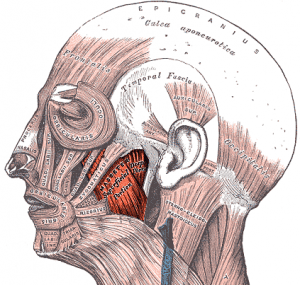It’s pretty refreshing to know that nothing bothers you – even the slightest case of dental problem. However, dental problems are inescapable. These difficulties can inflict anyone including those who practice the right dental hygiene. Dental problems come with different causes, effects and treatments. As a matter of fact, they become more prevalent and perilous today, hitting countless individuals worldwide. Visit this site to view the essential information about this.
TMD syndrome or also known as temporomandibular disorder is one of the most popular dental problems in the 21st century. This problem exhibits the clicking or popping sound whenever you open or close your mouth. Even though this predicament is not as hazardous as you think, they are somehow annoying – and painful. TMD dysfunction can be recognized when you attempt to speak, chew, open or close your mouth. Through its aggravating sound, you can partly determine that something’s not right with your jaw. What’s great is TMD disorder is curable through a 24 hour dentist.
Before anything else, what are the TMD signs and symptoms?
Even today, dental experts can’t predict the major cause of TMD disorder. However, there are uncovered risk factors which may lead to TMD. Temporomandibular disorder is allied with jaw or head and neck muscle injury which mostly exist on pregnant women. This syndrome also exists on older men and women particularly those who have arthritis in the jaw area. Another condition also which may put TMD symptoms to great aggravation is bruxism. As outlined by research, bruxism is a dental disorder which provides extreme pressure right on the jaw joints. Stress and uneven bite are also discovered as part of TMD pain as it clenches the person’s teeth and tightens its facial muscles.
TMD signs and symptoms require immediate dental actions. In most cases, it requires one week observation before going to the dentist. The most common signs of TMD are pain in face or jaw areas, toothache, earaches, back pain, jaw locking, dizziness and clicking or popping sound of the jaw.
Dealing with TMD disorder is not easy. Luckily, there are TMD treatments specified today to help cope with such terrible nightmare. After considering your dental checkup, most dentists make a mold of your teeth to determine if your bite causes TMD symptoms. In case the dentist requires another set of diagnosis, an oral surgeon is referred to you. Feel no fear though for most treatments of TMD are not invasive. In fact, if you are positive with TMD disorder, you are most likely asked to exercise or stretch your jaw. Aside from that, you are also advised to engage with stress-reducing exercises and medications like pain relievers and anti-inflammatory drugs. Night guards are also favorable to manage TMD as well as corrective treatments to help fix the malocclusion problem.
Temporomandibular disorder might be stressful but their signs are temporary and may subside overtime. Just avoid eating crunchy foods and extreme jaw movements to keep it from getting worse. Remember to contact your dentist straight away for any TMD signs and symptoms.

